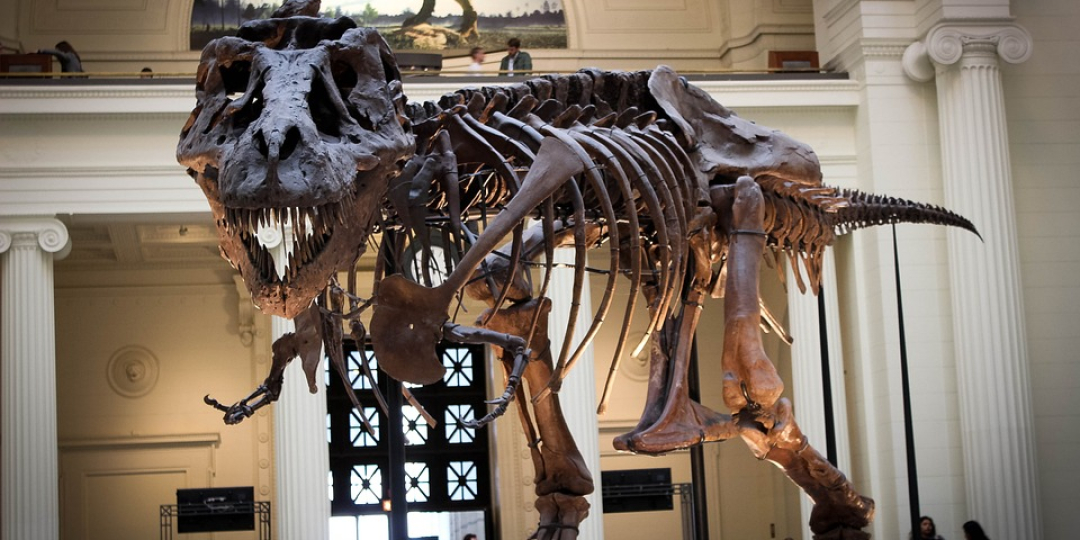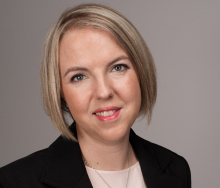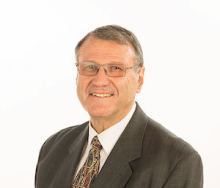The Dinosaur is Richard Beadle.
Beadle writes a fortnightly column about a different time in the industry. The Dinosaur’s themes and observations will be familiar to some, but difficult to imagine for others. Read on…
Things were very different back in the ’60s.
For example, when I entered the travel business as a fresh-faced teenager at a leading travel agency in the City of London, the electronic devices that we now see on virtually every travel agent’s desk were the stuff of science fiction.
Pan American, then the largest international air carrier of the United States, was the only airline using a computerised reservations system.
I recall, when I was visiting another leading airline’s offices, a call came through for a name change to be made. There was no computerised system in use there, and the reservations clerk simply walked over to the blackboard, rubbed out one name on the hand-written passenger list and chalked up another – job done!
Pan Am was dissolved in 1991 and is just one of the many airlines that I’ve seen disappear over the years. Some like KLM and Lufthansa still exist while other giants like British Airways and Emirates have come into being.
I was gobsmacked the first time I saw an air ticket produced by a machine, as I had only known hand-written air tickets up to then. The bank settlement plan (BSP) also came in only much later, so in those days every Iata-approved location needed a stock of tickets for each airline. A travel consultant needed a basic knowledge of Spanish to issue an Iberia ticket.
Airfares were calculated manually and the air tariff tomes were in daily use. With no Galileo or Amadeus to turn to, travel consultants used airline timetables. The ABC World Airways guide was our bible. It’s now obviously regarded as a valuable historical document. I found a 1949 version on eBay for sale at US$670,86c (R12 429)!
In future columns I’ll be covering other aspects of travel in days gone by, such as educational tours (those were the days), airline catering, airport taxes etc.
I would welcome the input of fellow geriatrics.















